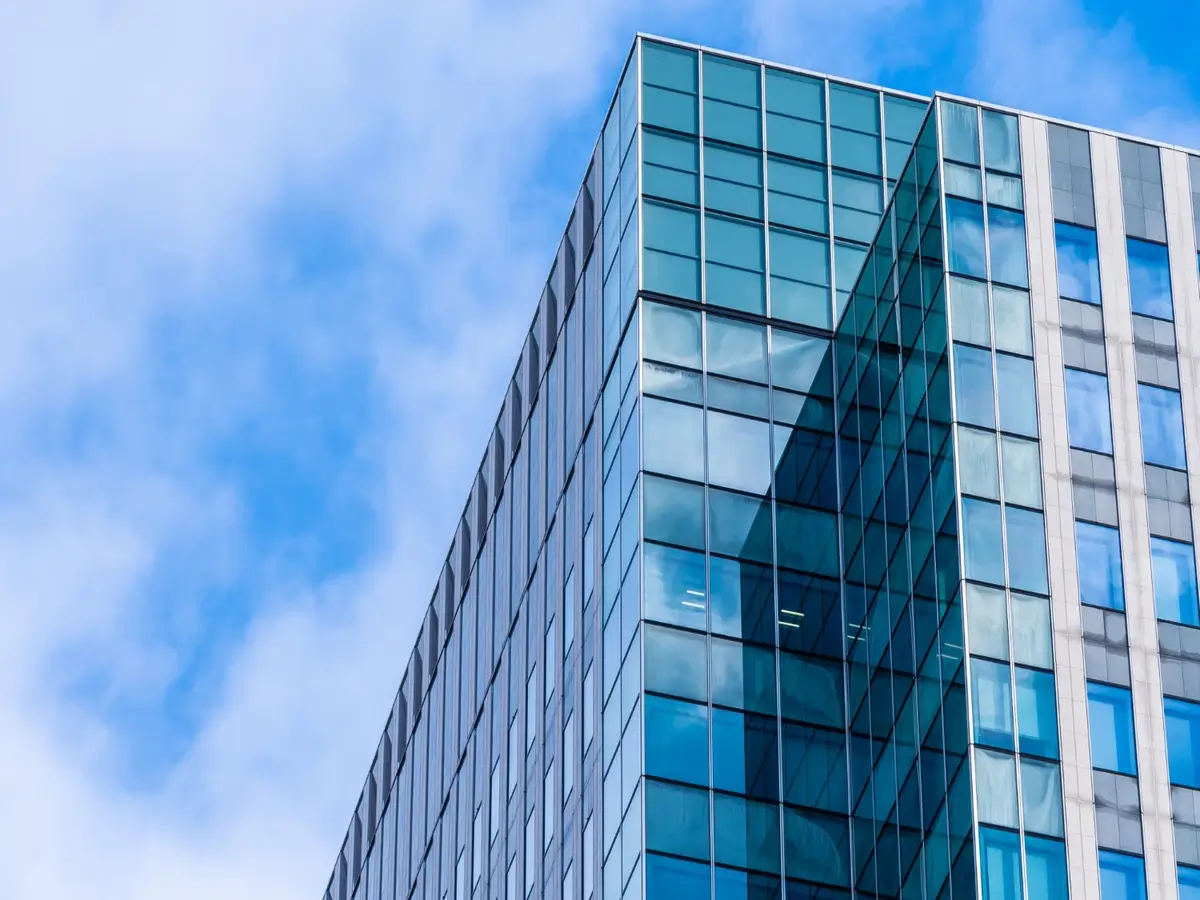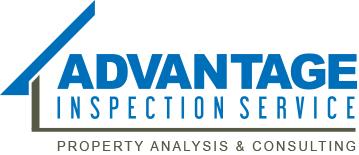As a resident of Arizona, you know that you are going to get sunshine, and…

Commercial Building Inspection Checklist: Essential Steps for a Thorough Assessment
If you own or plan to own a building, a commercial building inspection should be on your mind. It is a detailed process that gives a comprehensive assessment of your building’s structural integrity, safety features, and other aspects. Here, we shed light on this all-important procedure and how it helps building owners, buyers, and investors.
What Is A Commercial Building Inspection?
A commercial building inspection is a complete evaluation of a commercial property’s structure, systems, and overall condition. The inspector examines the entire building structure through surveys to determine security characteristics while assessing operational accuracy and construction endurance. The inspection revealed problems that decreased property value, along with operational difficulties.
Commercial Building Inspection Report
The commercial building inspection report generated after the inspection is a detailed document that outlines the findings, highlights any issues or concerns, and provides recommendations for repairs or improvements. It functions as an essential document that helps owners and buyers accurately understand the complete state of their property.
What Is Included In The Commercial Building Inspection Checklist?
When conducting a commercial building inspection, several key areas must be assessed. This section will break down these assessment areas to help you understand the inspection requirements.
Exterior Assessment
A building’s exterior serves several purposes: it gives it a unique identity and protects its inner components. The exterior inspection process usually includes assessments of the following elements:
- Foundation: Proper foundation examination should identify signs of shifting and water damage and check cracks because these indicators suggest serious structural issues.
- Roofing: The roof requires examination for any evidence of deterioration, leaks, or missing shingles. Any future roof repairs will cost a great deal, so early detection of issues is essential for property owners.
- Doors And Windows: An inspection should check window and door seals and examine the damage, rot, and mold on these elements.
- Parking Lot And Landscaping: Building inspection should focus on evaluating parking lots and landscaping areas to confirm their present state and neutralize all possible risks.
Interior Assessment
A thorough evaluation must be carried out on each structure inside the building. The inspector usually focuses on these areas:
- Walls, Ceilings, & Flooring: Inspections must focus on the examination of floor surfaces, including broken components, cracks, signs of leaks, water damage, and carpet condition ( if available) that might cause someone to trip.
- HVAC Systems: The function and air quality of heating, ventilation, and air conditioning units must be verified for their operational efficiency.
- Plumbing: The inspection will evaluate pipes for leakages, check water pressure, and search for mold or water damage indicators.
Electrical Systems
The electrical system is a pivotal part of a commercial building from an operational and security point of view. During inspection, it is important to investigate the following elements:
- Obsolete Wiring: The building wiring must meet modern standards, and it must be completely inspected for exposed and frayed wires.
- Electrical Panels And Outlets: Inspect the electrical panels for any signs of wear or malfunction. The inspection must also confirm that each electrical outlet functions properly according to safety standards.
Fire Safety And Compliance
Commercial buildings must fulfill basic requirements for fire safety during every construction process. Ensure that the building has:
- Fire Alarms And Sprinkler Systems: Fire alarm systems and sprinklers must be regularly tested to confirm their proper operation and compliance with local compliance requirements.
- Emergency Exits: The locations of emergency exits must be easily accessible and indicated through conspicuous signboards.
- Emergency Lighting: Key emergency areas require emergency lighting to safely evacuate people during emergencies.
Environmental Hazards
Buildings that may have mold and asbestos substances create severe dangers to both health and security conditions. The inspector will check for the following:
- Mold Or Water Damage: Examine all spaces with possible water problems, such as basements, bathrooms, and kitchens, for signs of mold growth.
- Asbestos And Lead Paint: Older buildings built before 1980 may have asbestos and lead paint, which harm human health. Testing the level of these materials is essential to ensure a clean and healthy environment.
Why Is A Commercial Building Inspection Important?
If you ever have doubts about the importance of a commercial building inspection, here are some valid reasons that will change your mind.
Protection Of Your Asset
The purchase of a commercial building requires a substantial financial commitment that usually costs hundreds of thousands of dollars, even millions. A commercial building inspection helps protect this investment by identifying potential issues before they become costly problems. You will face costly future repairs because a proper inspection did not take place to reveal hidden building defects.
Ensure Safety And Compliance
Commercial properties need to achieve a safety threshold as many people use them. The building assessment enables inspectors to discover potential threats stemming from faulty wires, old fire protection systems, and defective building structures. The assessment confirms that the property follows the established building codes and local government regulations while protecting owners from potential legal challenges in the future.
Negotiate Better Deals
A commercial building inspection report can give you the leverage to negotiate a better deal. The findings from your inspection might enable you to seek a discounted buying price or demand that the seller fix identified issues before completing the transaction.
Conclusion: Why Regular Inspections Matter
A commercial building inspection is necessary to identify critical issues that are easily manageable and cost less to fix.
It also shields your investment, upholds property safety standards, and preserves its value. A detailed commercial building inspection report provides a fair assessment of the property’s condition and helps you plan for any necessary repairs or improvements.
If you’re looking for a reliable and thorough commercial building inspection, Advantage Inspection Service is here to help. Our company’s professionally certified inspectors use modern technology and effective inspection practices to provide top-level property evaluation.
Contact us immediately to schedule your assessment because it is better to fix an issue today before it becomes costlier and perhaps unmanageable.



